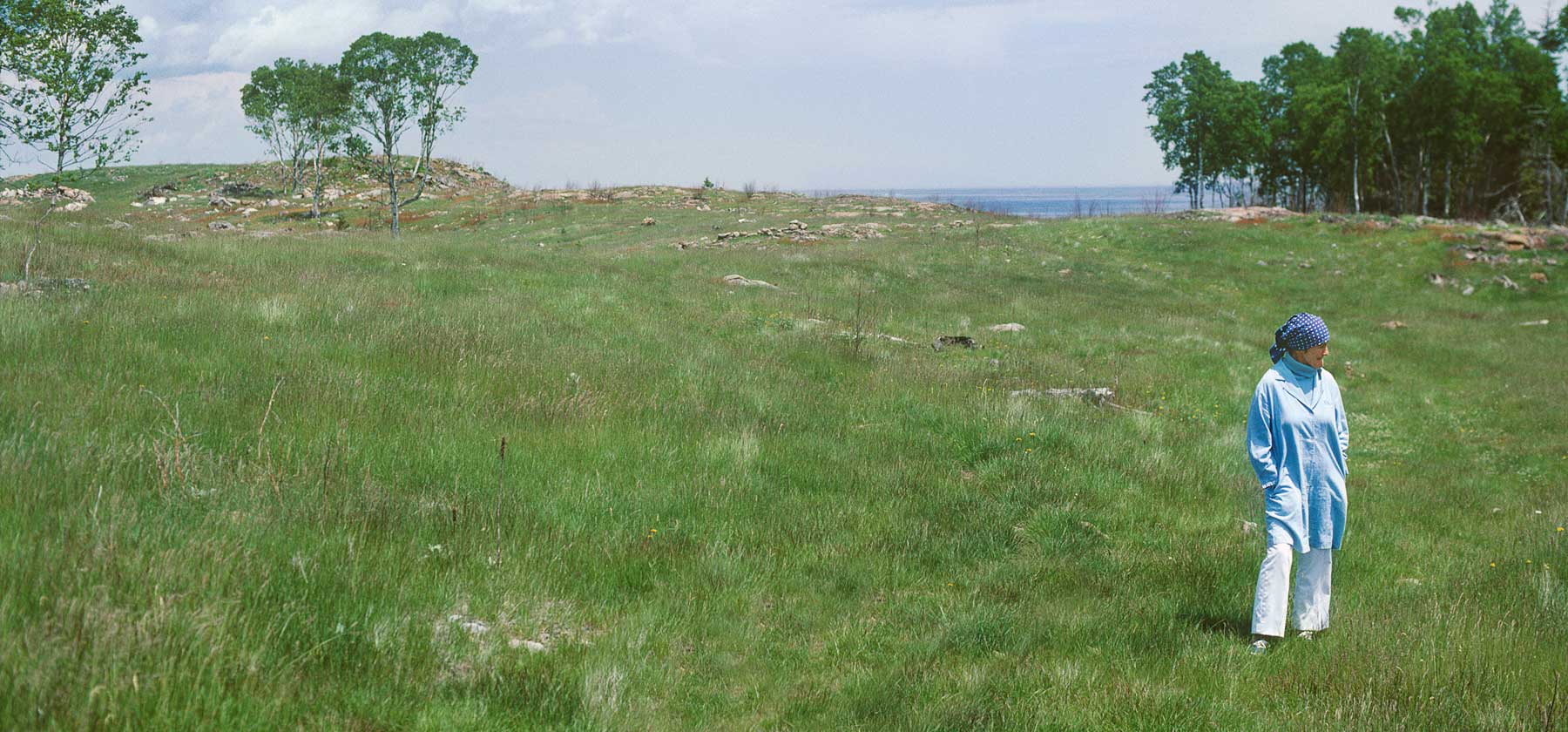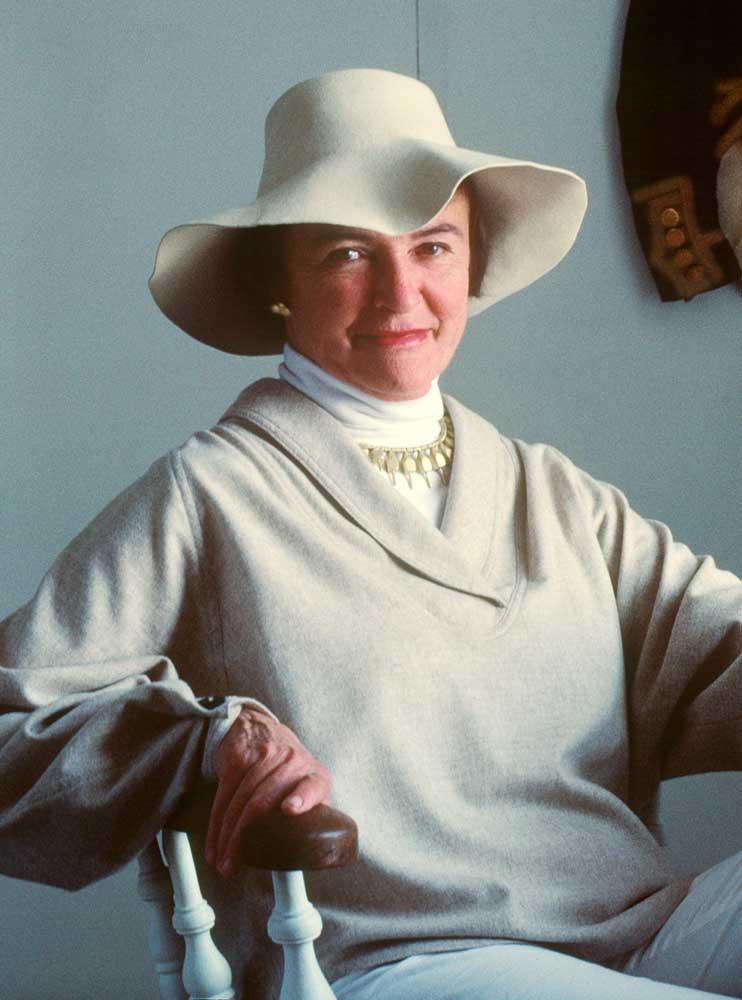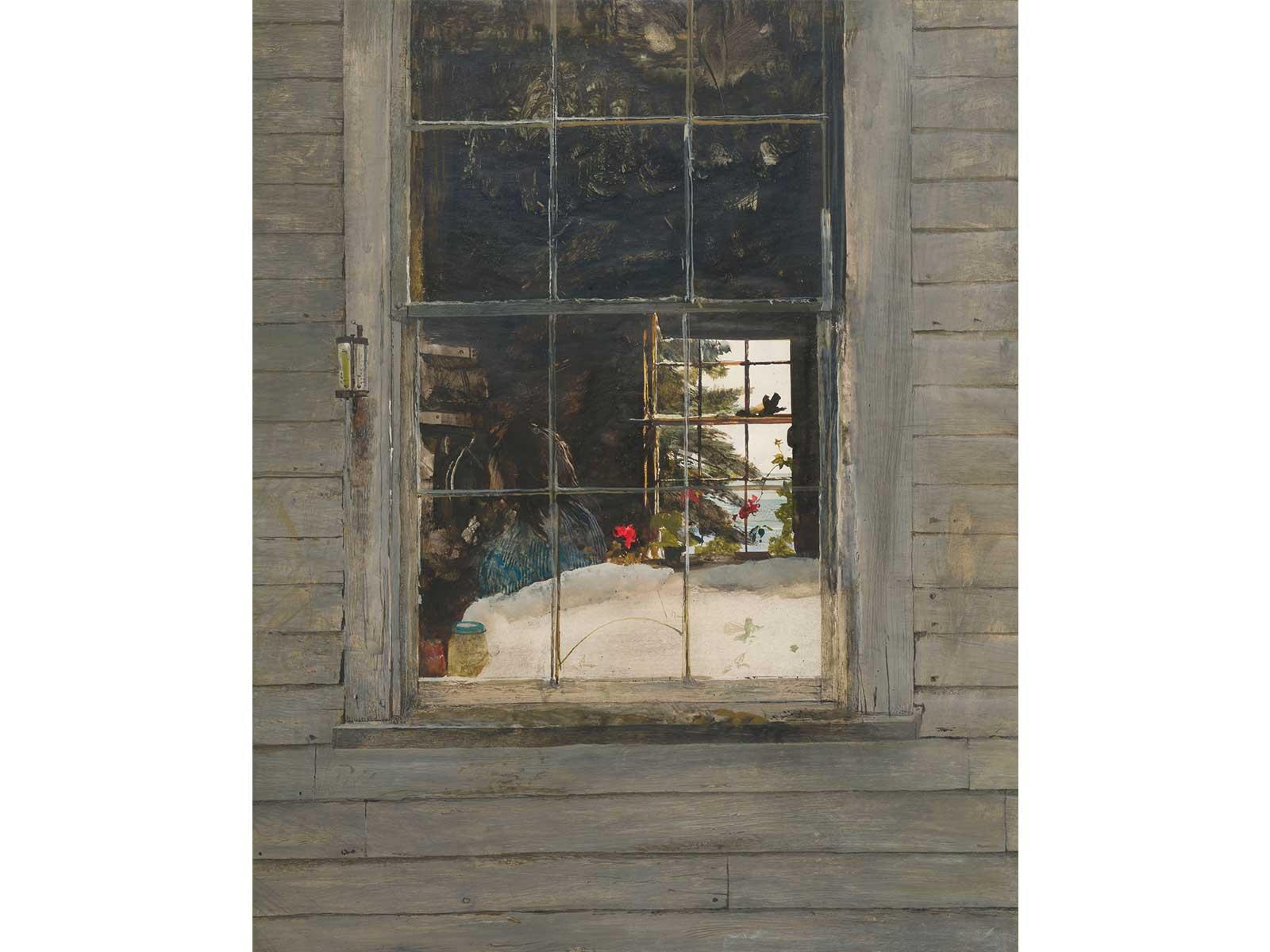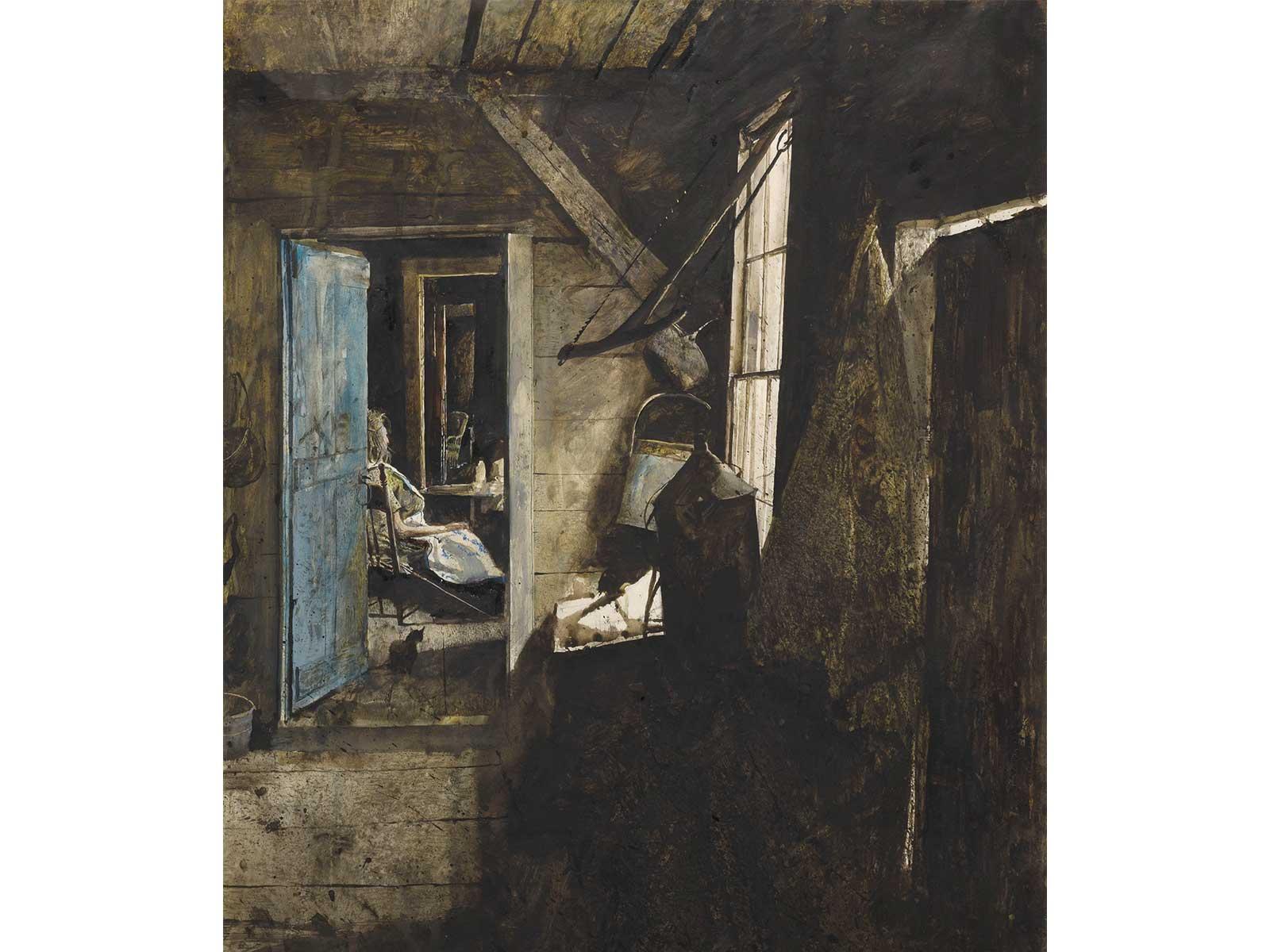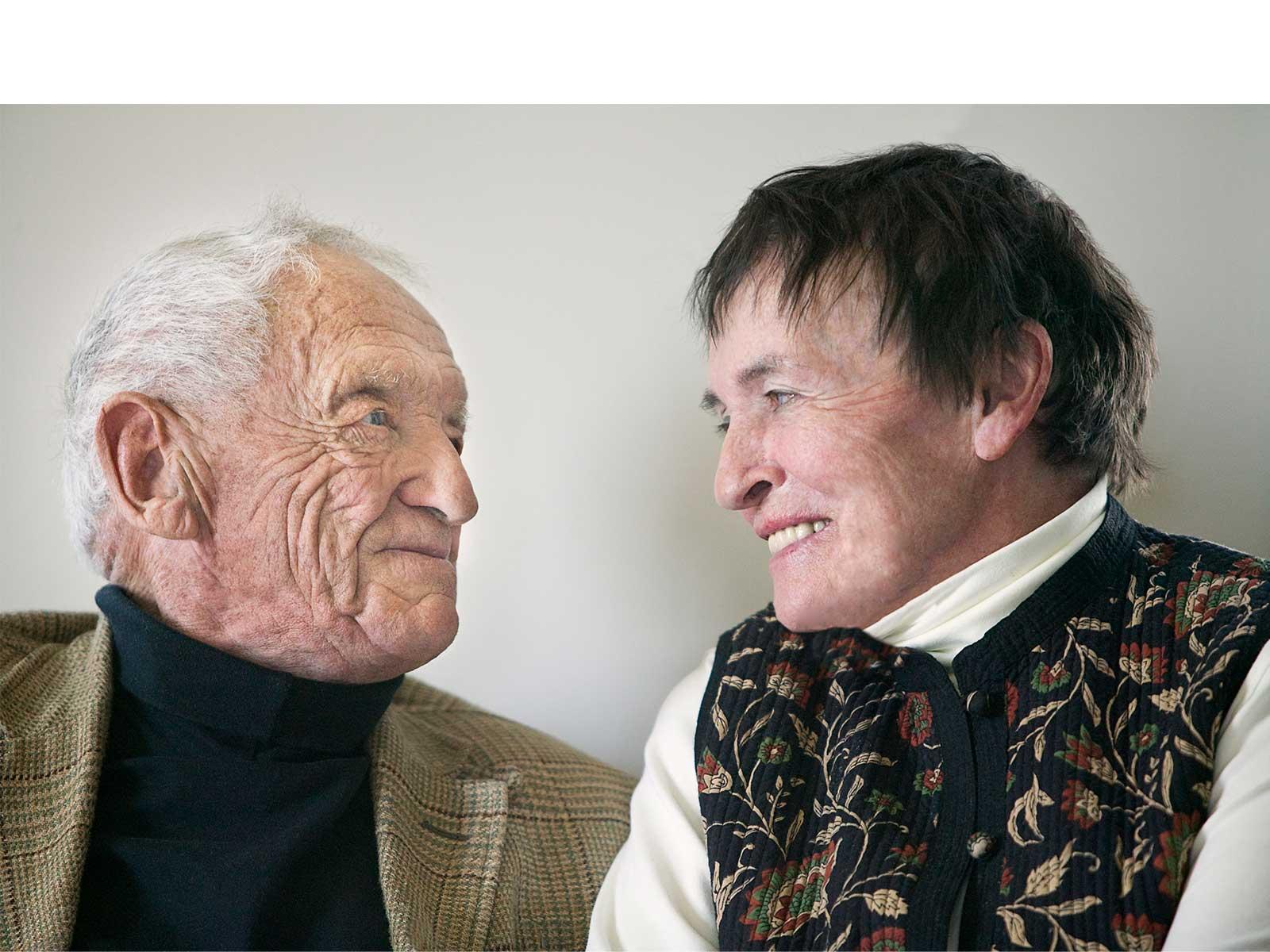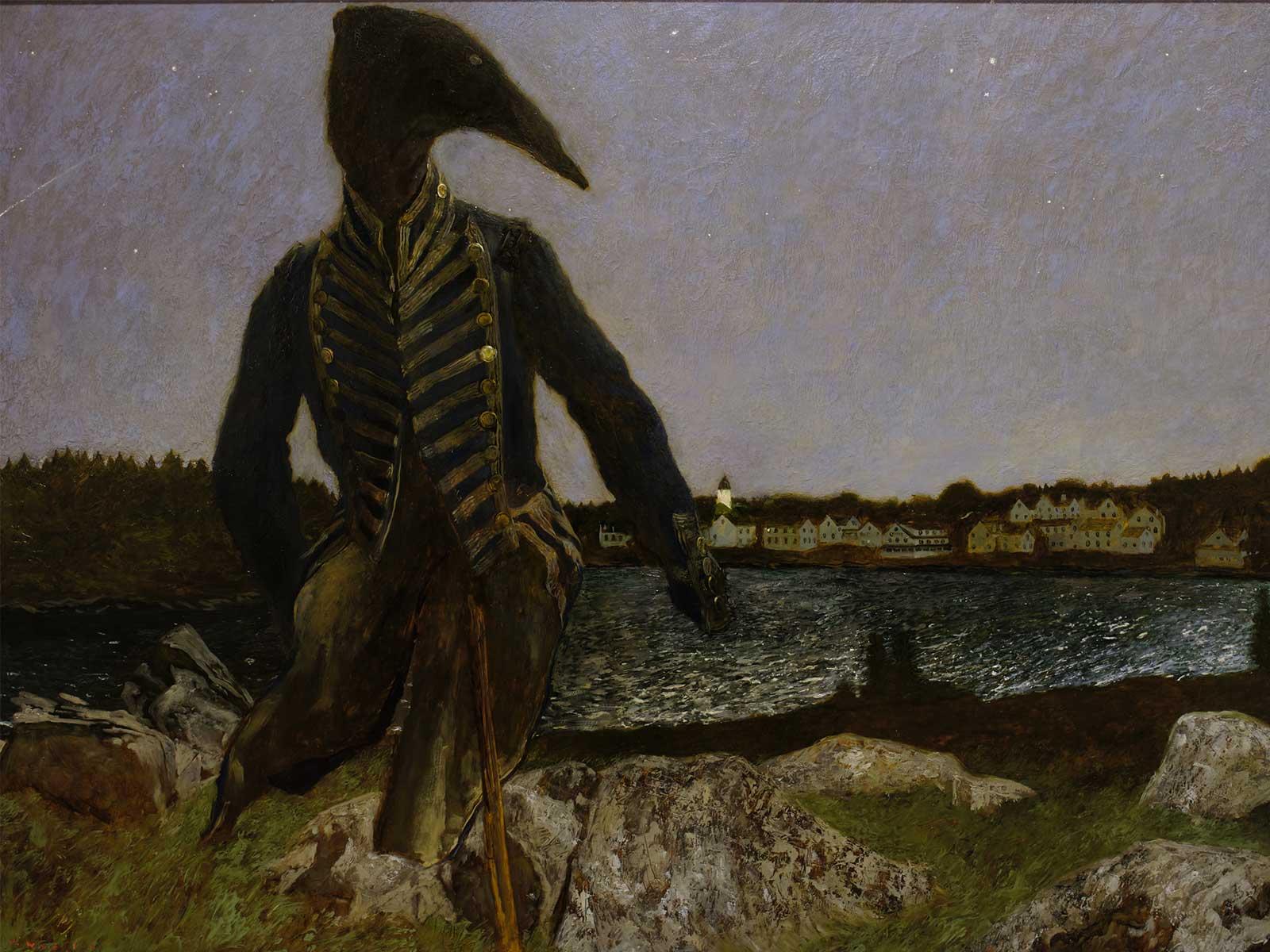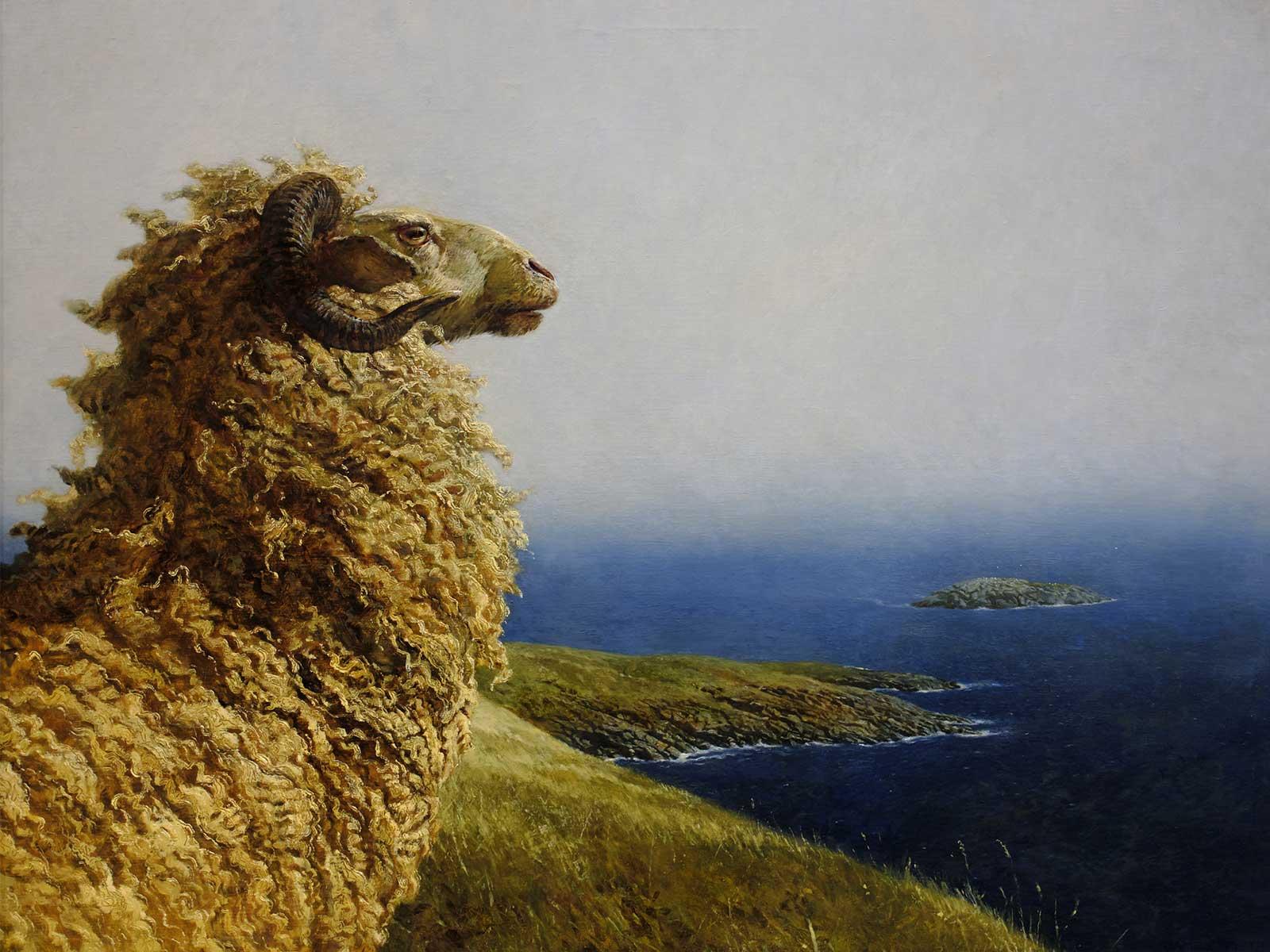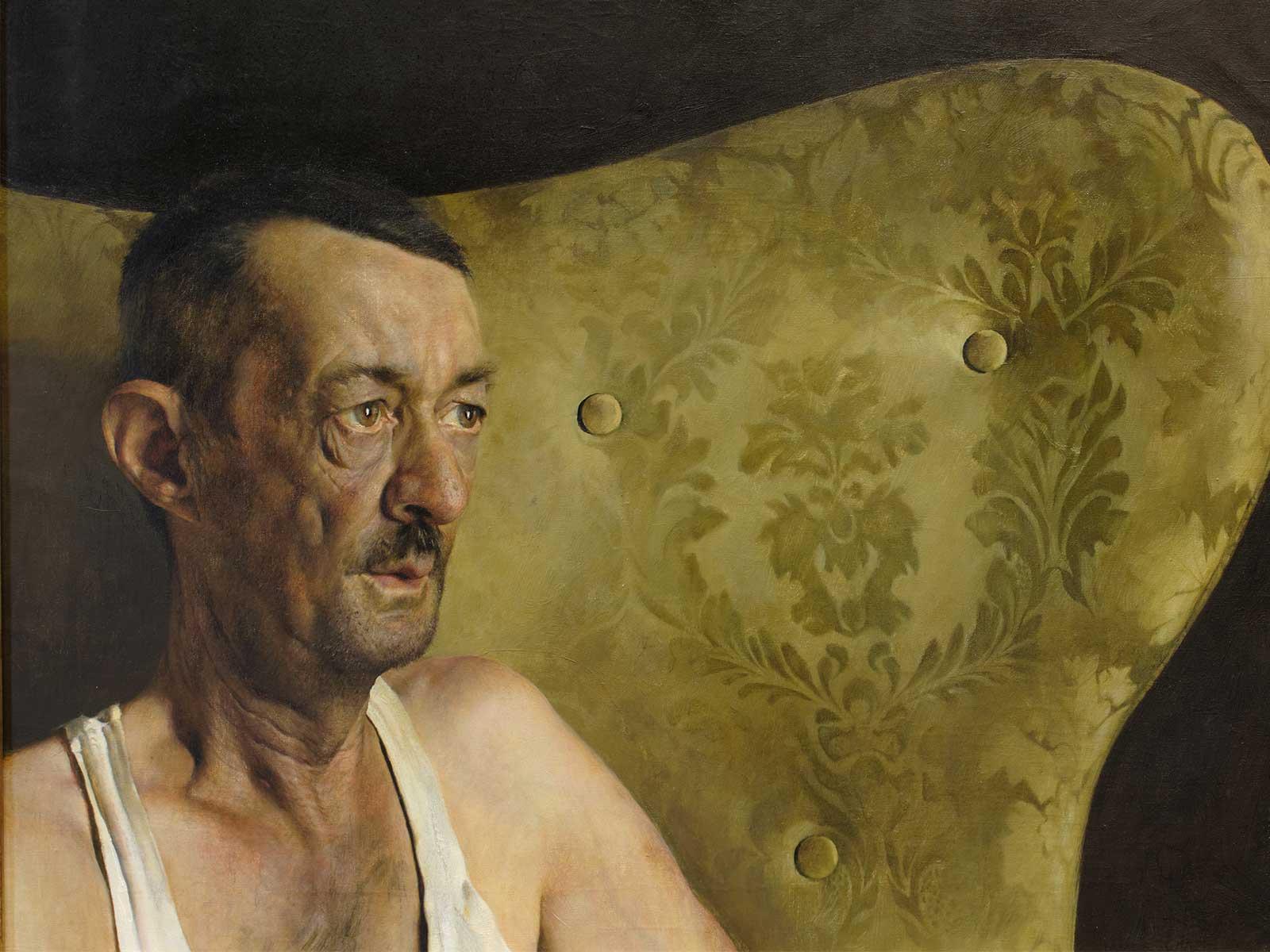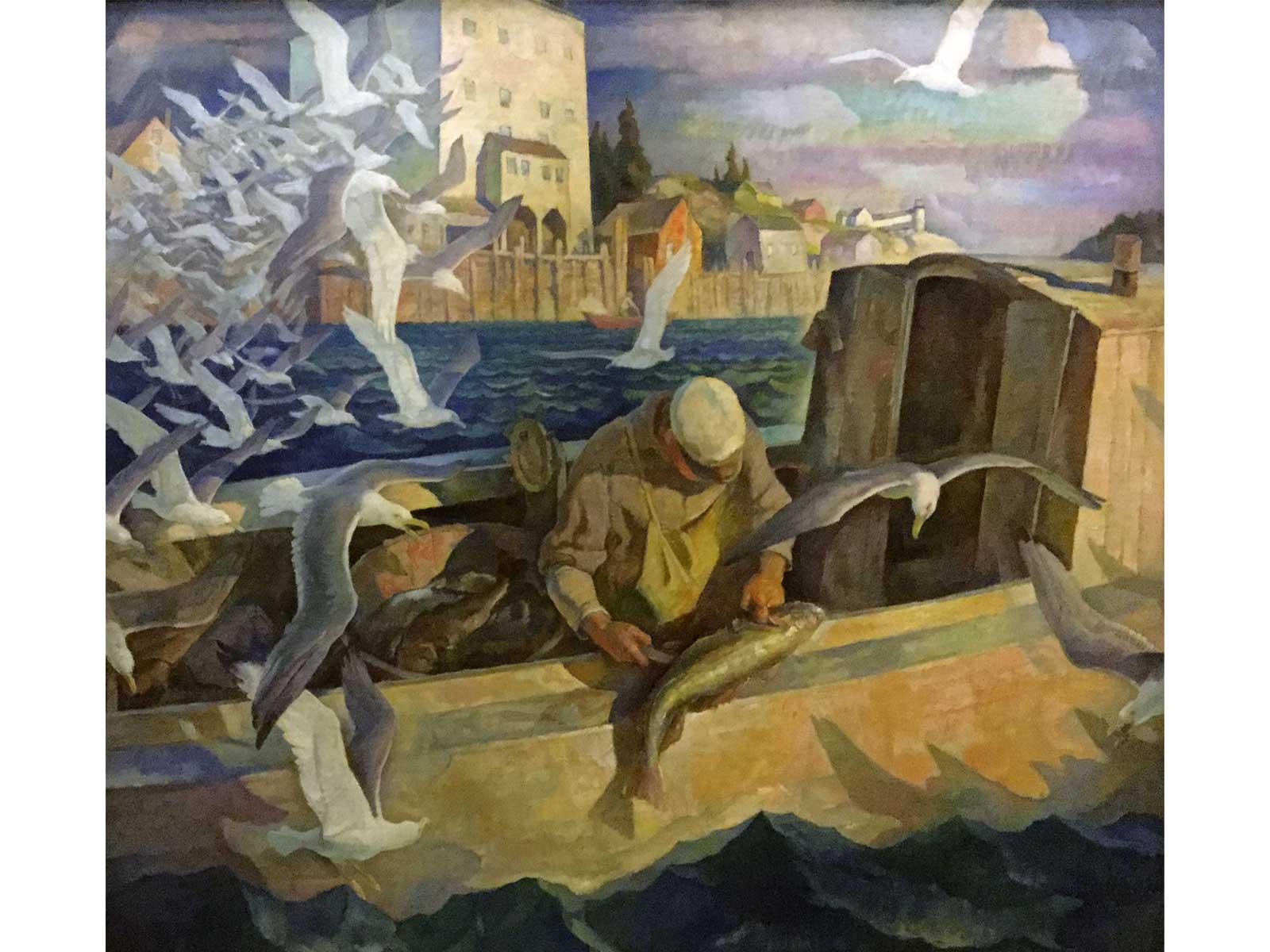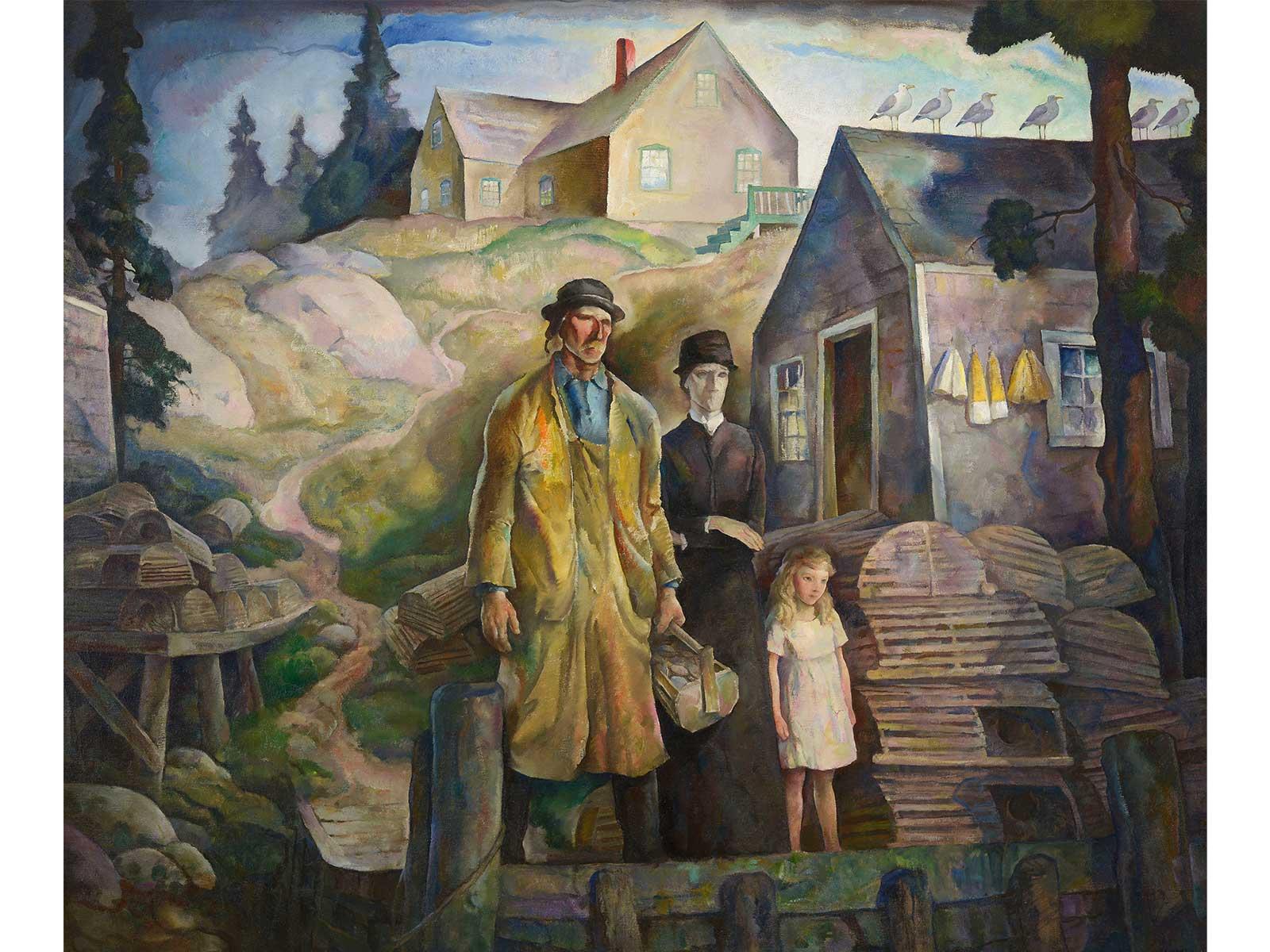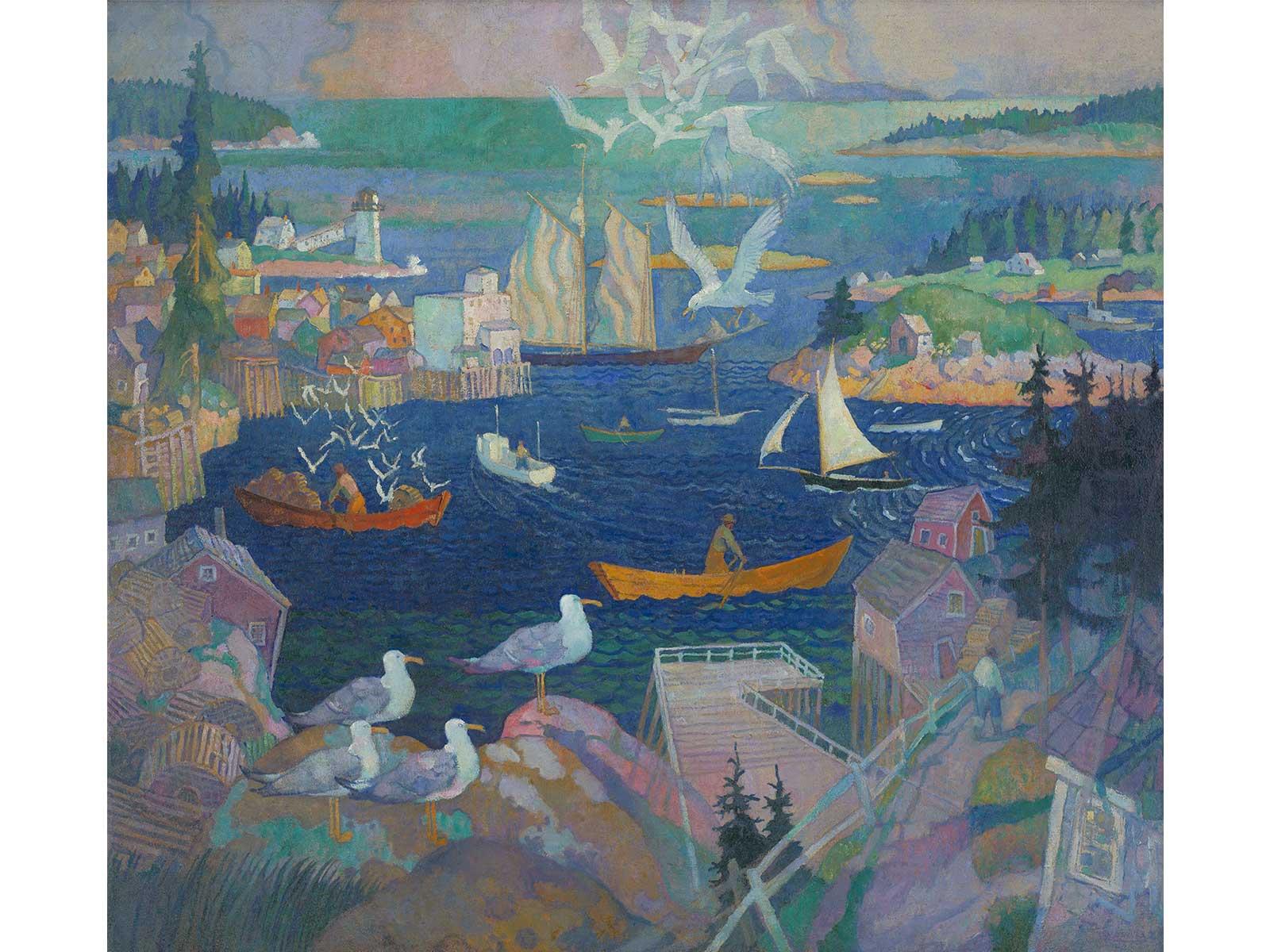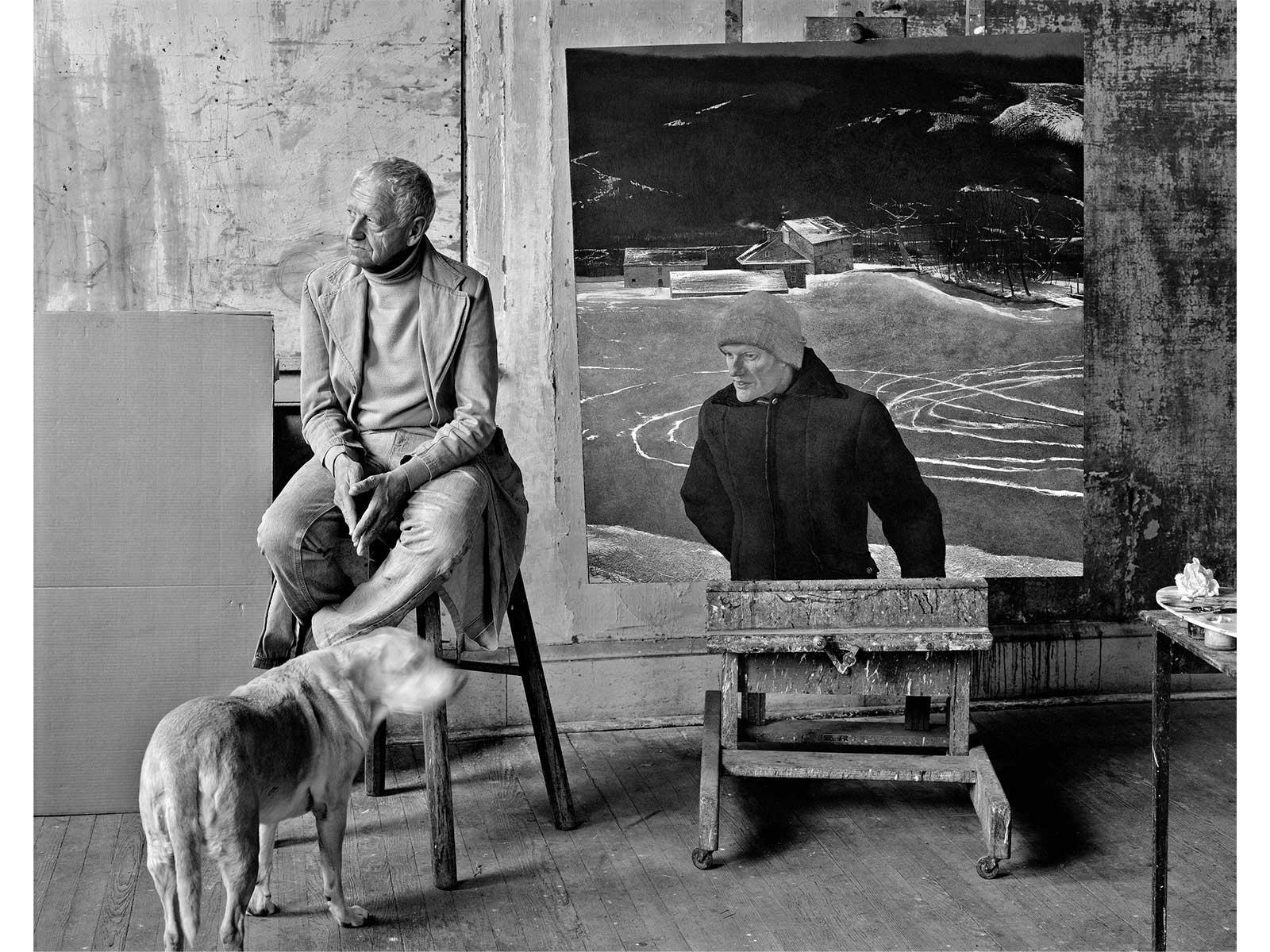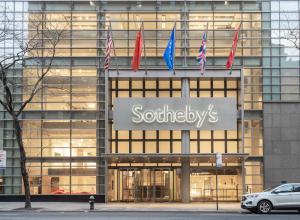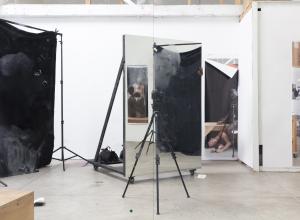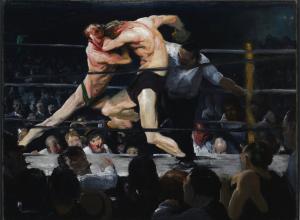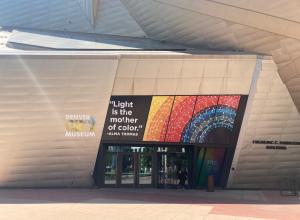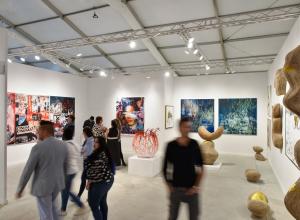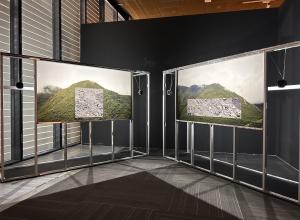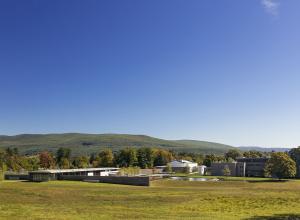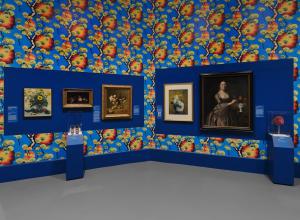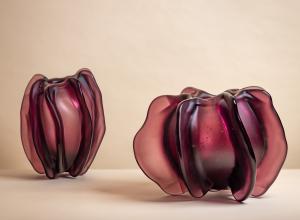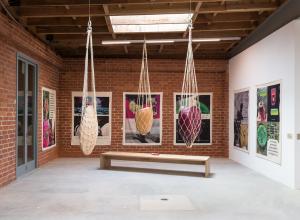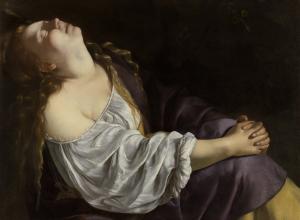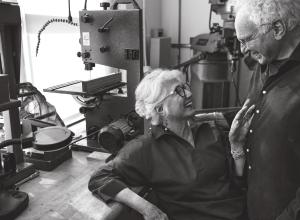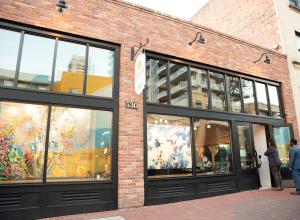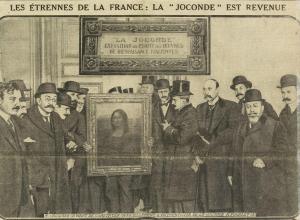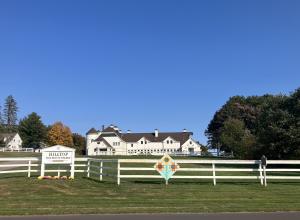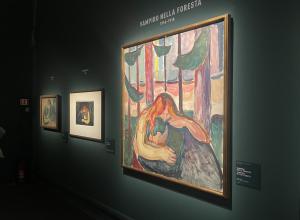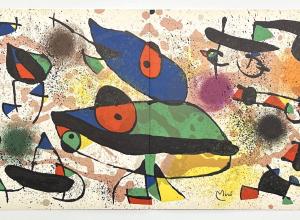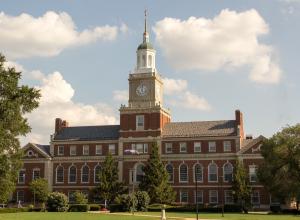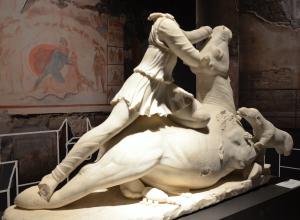Ralston also said, “Everyone she hires—it is one of her rules—comes from within a 20-mile radius of the islands—local people, gifted artisans, who know the weather and the water, and who cherish islands.” Ralston was instrumental in bringing Philip Conkling, a Yale-trained forestry management and island ecologist/researcher, into their project. Ralston credited Conkling as, “a true visionary, a brilliant strategist… We founded The Island Institute together in 1983. Philip was responsible for initiating early discussions between the Wyeth’s and Colby.”
Ralston still handles sales for some Wyeth prints out of his Rockport gallery but the transitional work of facilitating the transfer of these islands to Colby College was left to Conkling.
Few people know more about Maine island ecology than Peter Conkling. This is easy to see in his interview with Art & Object. “The Maine coast harbors several thousand islands. I stopped counting islands after 1,000!” he exclaims, then adds, “About 600-800 are inhabitable. I worked with Betsy Wyeth using Allen Island as a template, with aquaculture, forestry, and rare plant surveys as demonstration projects. We had a wonderful relationship, a mix of conservation and reviving a working community.”
The new president of Colby, David Greene, was an enthusiastic partner. Under his leadership Colby agreed to shape a series of programs in both the arts and sciences in which the islands would play the central role. These programs formed the groundwork leading to Colby’s official ownership of the islands at the end of 2021 catapulting the College into a major presence on the coast of Maine where they will act as stewards of Betsy Wyeth’s legacy, just as she had planned.
“Like the Wyeth family, Colby has a deep and demonstrated commitment to excellence in American art as well as to the welfare of Maine—its people, culture, and environment—which is why the College is the ideal partner,” said J. Robinson West, president of the Wyeth Foundation for American Art. “Colby is Maine, and we couldn’t have made a better choice for stewarding these islands into the future."
The exhibition Betsy's Gift on view at The Farnsworth Museum in Rockland, Maine from June 11, 2022-December 31, 2022 honors the legacy of Betsy James Wyeth in this focus on the paintings of her son Jamie Wyeth and his grandfather, NC Wyeth. Her generosity to the museum during her life extended after her death in 2020 and enriched the Farnsworth collection of art.




